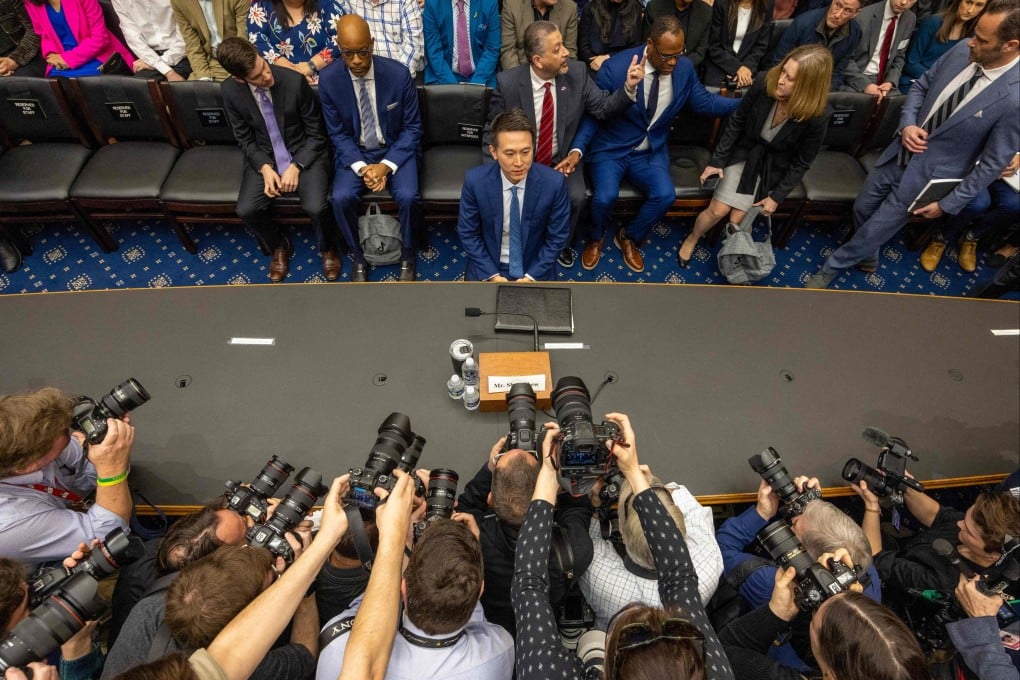Opinion | TikTok’s best defence against a ban comes from its US supporters
- The defence of free expression, danger of losing youth voters and risk of hitting small businesses could be enough to block an outright ban
- Beijing could also help by amending its laws to explicitly prohibit requests for transfers of overseas data

Various studies back this up. The Internet Governance Project by researchers from the Georgia Institute of Technology in the US and Singapore’s School of Public Policy found no proof that TikTok exported censorship. University of Toronto’s The Citizen Lab assessed that TikTok collected information similar to that harvested by Facebook and did not send data to China, therefore posing no inherent threat to US national security – a similar position reached by the Electronic Frontier Foundation.
Like all social media, TikTok uses addictive algorithms. The motivation is commercial – nothing to do with the national origin of TikTok’s corporate parent. The solution is surely proper regulatory frameworks for data privacy and youth protection, rather than singling out apps for their China affiliation.
